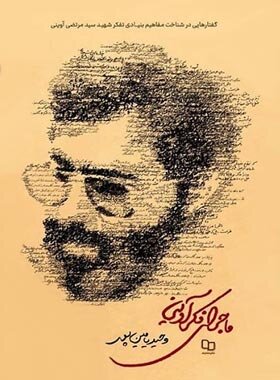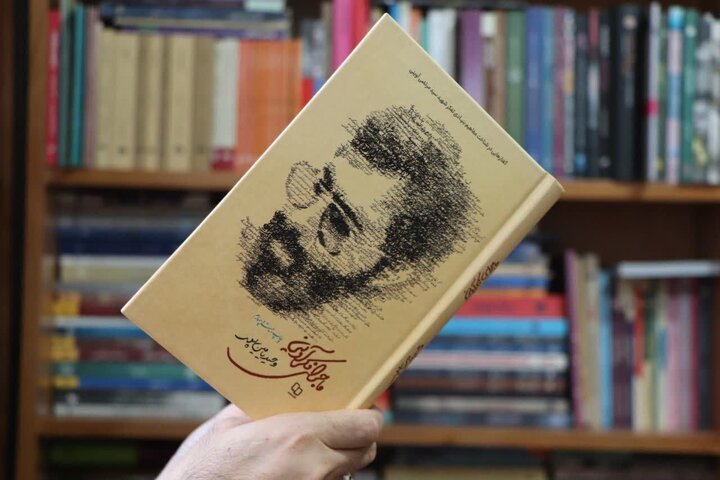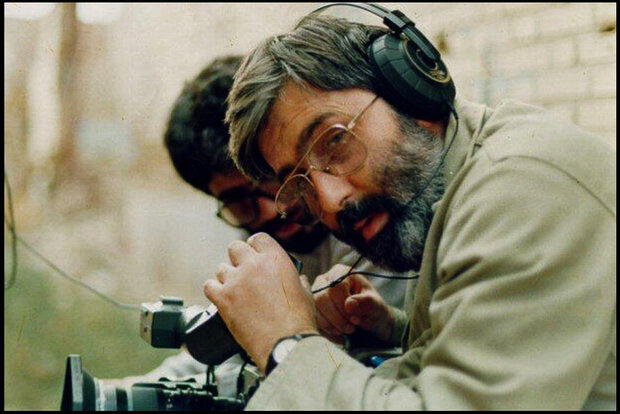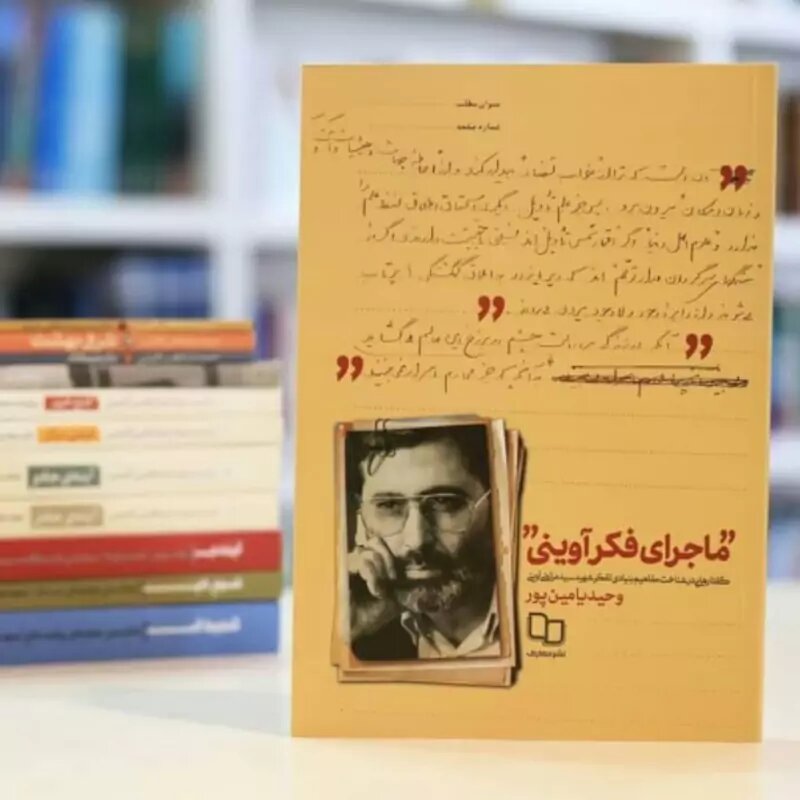Vahid Yaminpour’s The Story of Avini’s Thought explores the core ideas of Seyyed Morteza Avini, making it an accessible entry point for young readers interested in cultural and civilization studies.
Avoiding philosophical jargon, the book introduces Abini’s theoretical framework through lectures, interviews, selected essays, and even reading recommendations.
It explores Abini’s perspective on culture, civilization, media and development, and explores important themes such as: His criticism of the Western development model in favour of Islamic alternatives. The role of art and media in telling the truth. The impact of the Islamic Revolution on his thoughts and his vision of cultural resistance. and his views on social justice and ethical responsibility.
This book examines Avini’s philosophical and ideological approaches, particularly regarding Islamic civilization and Western modernity.

Abini is known for his critical attitude towards Western-centric development and proposes an alternative model rooted in Islamic values and spirituality.
His perspective on film, literature and journalism underscores the importance of art as a tool for telling truth.
The non-fiction work also discusses how the Islamic Revolution shaped Abinni’s ideas and how he shaped his vision for cultural resistance to Western influences.
“Avini’s Thought Story” explores his ideas about the justice, morality, and responsibility of intellectuals in shaping society. The book’s main topic is how Iran confronts Western modernism and the intellectual currents of Iran face.

This book is a compilation of lectures and interviews that clarify Abini’s ideas and theoretical framework.
The book simplifies the complex philosophical ideas highlighted by Avini, aiming to become a young reader starting to study in the cultural and historical fields. Using current events and questions as examples, the interviews complement the lecture.
Hojjatoleslam Mohammad Qomi, head of the Islamic Development Organization (IDO), recommends reading books, and Avini undoubtedly calls the position of teacher, particularly the position of thought and intellectual and cultural acts of those following the path of the Islamic Revolution, a wise artist.
Biography of Seyyed Morteza Avini
Morteza Abini was born on September 12, 1947 in Shar e Ray, Iran, and completed primary and secondary education in cities such as Zanjan, Karman and Tehran. He then studied architecture at the Faculty of Art at Tehran University.
From a young age, he was passionate about art and was actively involved in poetry, storytelling, essay writing and painting. After the Islamic Revolution, he abandoned architecture, turned his eyes to filmmaking, documenting the war between Iran and Iraq through several documentaries.
On April 9, 1993, while filming in a war-torn region of Fakke in Fuzestan province, he marched for a mine explosion.

rewayat-e father (Chronicles of victory)
Rewayat-e Fath (Chronicles of Victory) is one of Abini’s most important contributions to war documentary filmmaking in Iran.
It captures the Iran-Iraq War, known locally as sacred defense, and goes beyond traditional military coverage to explore the spiritual and ideological aspects of the war, highlighting the deep beliefs and sacrifices of Iranian fighters.
Avini directed the series from the early days of the war to his martialism in 1993. The first episode focused on Operation Barfaj 8 was produced when war journalism was still evolving in Iran. His distinctive cinematic style, richened with narration, poetic reflection and religious themes, sets him apart from other war documentaries.
Reported by Tohid Mahmoudpour

